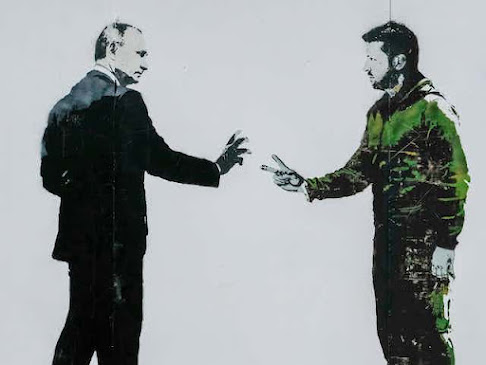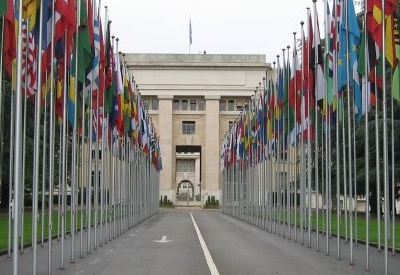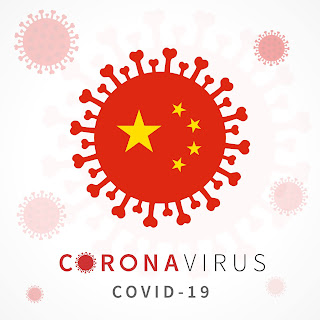Putin on a course for political change at the Kremlin
Early on, I could identify with Vladimir Putin opposite George W Bush's transgressions against Iraq in 2003 and post 911. And why not with no proof that Iraq had WMD (Weapons of Mass Destruction) and the no fly zone was still effective in limiting Saddam's movements. The Lancet Survey claims that 654,965 were Iraqi casualties in a second study in 2006, that, despite the imprecision of the study in certain elements "the key public-health findings of this study are robust despite this imprecision. These findings include: a higher death rate after the invasion; a 58-fold increase in death from violence, making it the main cause of death; and most violent deaths being caused by air-strikes from Coalition Forces. Whether the true death toll is 90,000 or 150,000, these three findings give ample guidance towards understanding what must happen to reduce civilian deaths. Suffice it to say, George W is guilty of war crimes. The Hussein rule was brutish at times and he needed to be deposed - but, any more or less than the Assad family in Syria seems a bit dubious, or the Kim dynasty in North Korea. For Vladimir Putin, he had time on his side with a new Russia and to show his spurs as a leader of a large country, economy, and not a KGB thug. So, he had a long grace period while NATO maintained growing their membership base around Russia. Putin, being an old school Russian felt cornered by NATO and western powers. Yeltsin had quashed independence movements in Chechnya although the price was some autonomy for Chechens. Ultimately, Putin inherited the Chechen malaise that led to another Chechen conflict lasting to 2009. Yeltsin tried to cobble together as much of the FSU (Former Soviet Union) as possible. Putin continues to live in Cold War metaphors and analogies according to Ivan Krastev, Political Scientist in an interview with Der Spiegel. Krastev explains "For Putin, Russia has long since ceased being a country in the standard sense; it is a kind of historic, 1,000-year-old body."
Therefore, Putin has a tremendous responsibility to live up to his predecessors strengths, while showing no glaring weaknesses. Putin inherited NATO and it's expansionism and a weakened Russia that was economically and militarily in need of modernization.
Reports in the 2000's indicate that Russia was spending approx. 10 million USD in 2000 at Putin's inception to a peak of approx. 83 million USD in 2014. Was the Crimea invasion the reason for a drop in military spending after 2014 and does that further shed light on Russian military adventurism in Ukraine. The West has armed Ukraine, NATO has expanded, Yevgeny Prigozhin challenged Putin that opened cracks in his perception as invincible, and Putin's missiles remain his primary security blanket. A targeted nuclear strike might be his final statement on the way out the door. Even China senses Russian vulnerability and is concerned for their security amidst their aggressive postering during the Xi era. Nikolai Patrushev - secretary of the Security Council of Russia and known hawk in the Kremlin as well as Dmitry Medvedev - one time Russian President, deputy of the Security Council, and Putin loyalist are two likely successors in the event of a change in Russian leadership.






